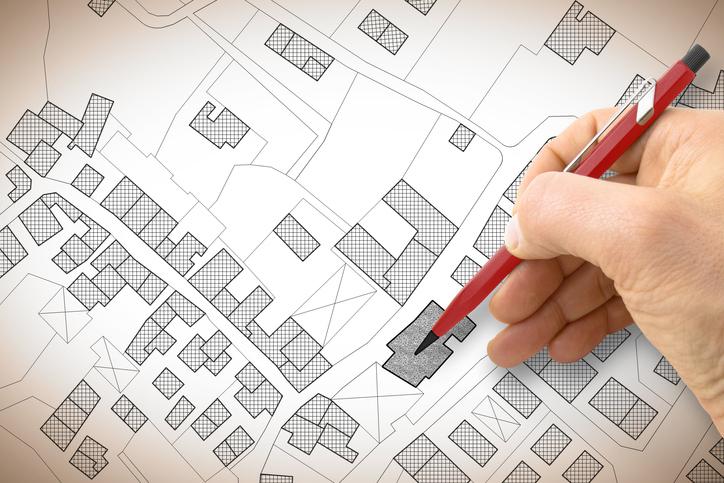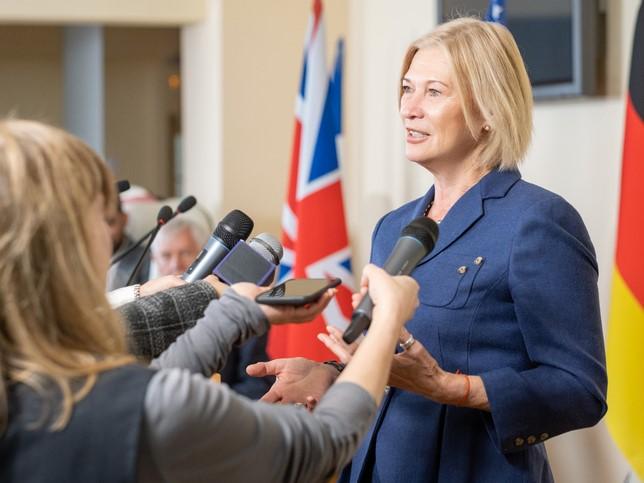As we embark on the third and final part of this series on policy engagement, you should already be clear about your purpose (part one) and you should also have a view of some key organisations and stakeholders that you would like to target (part two).
So what’s next?
In this final piece, I am going to focus on how to build and maintain your network and really get the most out of those relationships. Here are some key approaches and behaviours to adopt with those whom you want to influence.
Do your research
− Have you read the relevant strategy or plan for the organisation concerned?
− Has the individual concerned written or said anything about the issue/policy?
− Do you know what the person/team/committee you are targeting is focused on when it comes to your specific issue?
− What might they be trying to achieve in this area and what might be getting in their way?
− Have you understood the language that, for example, government is using at the moment in your area? The language in government changes every few months – you must be on top of the current terminology so that you don’t come across as behind the times.
Remember to ask questions (and listen to the answers)
Some interesting questions could include:
− What does success look like for you in this area?
− What gritty issues are you most keen to solve?
− What pressures are you under that are influencing your work and decision-making?
− What barriers are getting in your way?
− How can I help?
When I was in Whitehall, large companies would often have meetings with ministers to discuss their views on how they could help government. But the companies would invariably spend the whole time talking at the minister, trying to sell their services, rather than listening to the problems as the minister saw them. Those who stayed in broadcast mode (rather than listening and having a dialogue) missed out on hearing first-hand from the minister about specific issues and challenges, which could have led to exciting collaborations – and possibly a significant amount of work.
Be humble: you’re aiming for adult-to-adult dialogue
You might believe that your work has enabled you to see both the question and the answers; but, in reality, the frame of reference you have set up will have excluded many of the issues that policymakers have to deal with: cost, universality of provision, inability to get ministers/key stakeholders to agree and so on.
The key is to aim for adult-to-adult interactions. It’s not about you telling others how things are, and it’s not that civil servants have greater importance or relevance than you – it’s about finding respectful and collaborative interactions where you share knowledge and expertise. The whole is greater than the sum of the parts.
Get out there and network effectively (including online)
Go to events/webinars/conferences, even if they are online. A lot of people say they find networking stressful, but the trick is to have a relaxed conversation and see where it leads. I often start by commenting on the food/weather/last speaker/something I like about the venue. It’s just an opener. Then, of course, the key to conversation is to ask people about themselves! Although you have an agenda, this is not the stage at which to launch in. Focus on the other person: what’s their role? What really interests them about their work? Maybe then you can identify something you are working on that intersects with that topic or someone you can put them in touch with who is doing useful work in their area. By return, might they know someone in their organisation to whom you could talk about your specific area of interest?
Be clear about what you’re up to – and make it accessible
Have you got a one- to two-page version of your views and findings? Is it written in plain English? Is it easy to find online? Is it available on your email signature? What if I’ve come across you at a conference and I’m interested in your work, but I can’t find any clear information about it? Is your work easy to access through Twitter and LinkedIn?
You must make it easy for stakeholders to find out about your work. If they can’t find your information, they will look for someone else.
Stay confident and build your tribe
Try to stay confident about your contribution to the debate. Some academics become shy when faced with a roomful of policymakers; there’s really nothing to be scared of.
You won’t generally get access to the people who are in the hot seat for your policy area, but you can build a network of individuals and organisations who share your goals. Collectively, you can have much more impact than a lone voice. Focus on the groups and stakeholders who already have a voice in the policy space, and work with them collaboratively. You’re aiming for alliances with stakeholders who share a common purpose and to work together to influence people – because your voice will be amplified by others.
Don’t give up (be patient, persistent and flexible)
Policy engagement is a marathon, not a sprint. Stay positive, but don’t hound people. You want to be viewed as someone who is helpful and constructive without being pushy. Most people in the public sector are busy and stressed, so staying on their radar is where it’s at.
If you have useful information to share, send it to your policy network, but don’t expect to be in regular contact. You might not hear from contacts for weeks or months, and then sometimes an urgent request will turn up for information. Grasp it, and don’t complain about the deadline.
Of course, building relationships and maintaining them takes time and effort. But there are huge rewards to be had, both in terms of collaboration and being able to shape the thinking of policymakers. And, as the saying goes: “The harder I work, the luckier I get.”
In this series we have now covered three key aspects of success in policy engagement:
Part one: Getting clear on your purpose
Part two: Understanding the landscape
Part three: Building positive relationships
The key takeaway is this: try not to be overwhelmed by the world of policy engagement. I know many academics who find policy engagement both enjoyable and satisfying, as well as productive.
I hope you have found this series helpful and would be interested to hear about your own tips and experiences in the comments below.
Jo Clift worked at the heart of the UK government for more than 20 years and now works with academics who want to engage with and influence policy. She has worked with a number of UK universities, including Imperial College London, Goldsmiths, the University of London and the University of Plymouth.
If you found this interesting and want advice and insight from academics and university staff delivered direct to your inbox each week, sign up for the THE Campus newsletter.




comment